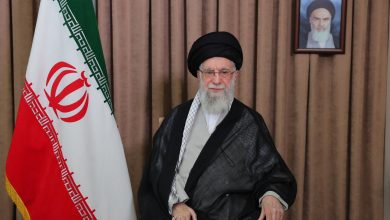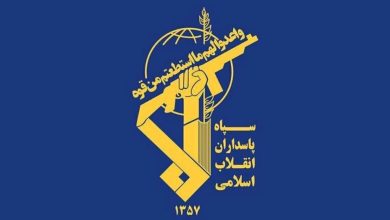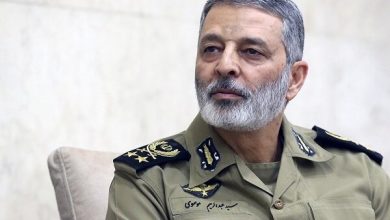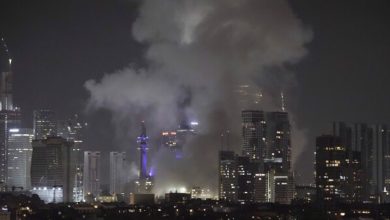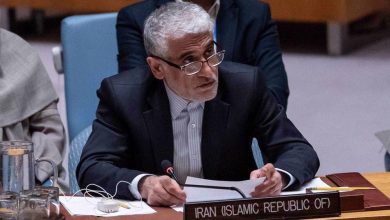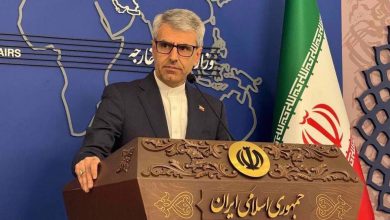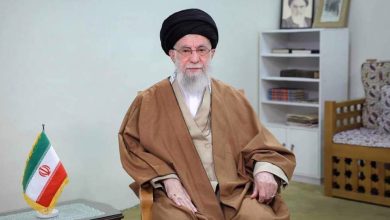Iran set to operationalize thousands of advanced centrifuges as a countermeasure to the IAEA resolution, according to Araghchi
Iran's Foreign Minister Abbas Araghchi announced that the nation plans to activate thousands of its advanced centrifuges, which are domestically produced. This move comes as a direct response to a recent resolution by the United Nations nuclear agency, which was supported by Western nations, against Iran.
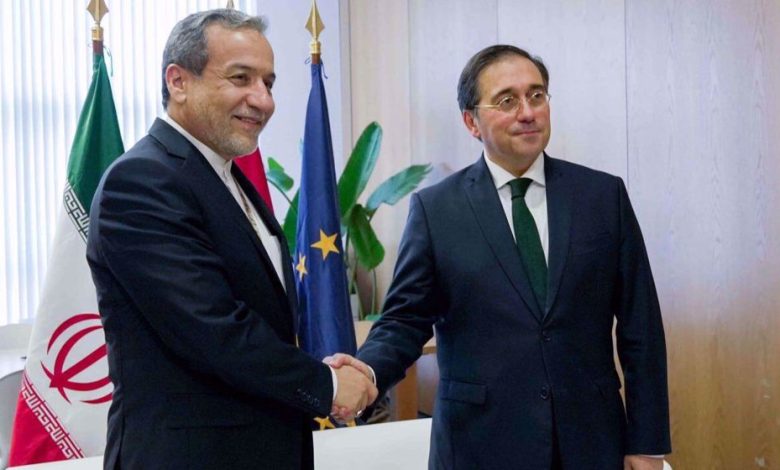
During a United Nations Alliance of Civilizations (UNAOC) meeting in Cascais, southwestern Portugal, on Tuesday, the senior diplomat conveyed his remarks to his Spanish counterpart, José Manuel Albares Bueno.
Araghchi announced that the countermeasure was a response to the recent actions by the United Kingdom, France, and Germany, which involved advancing a United States-supported resolution to the International Atomic Energy Agency’s Board of Governors. The resolution, which was officially adopted by the board on Friday, has prompted this reaction.
He criticized the stance of the European trio towards the Islamic Republic, describing it as confrontational and interfering. He further labeled their approach as unjustifiable and lacking constructiveness.
An official has called for a pragmatic approach to be adopted towards a range of regional and international issues, including the Iranian nuclear energy program, emphasizing the need for alignment with international law.
The United States, along with its European allies, continues to implement a series of coordinated actions against Iran, stemming from allegations that the Islamic Republic has not adequately cooperated with the International Atomic Energy Agency (IAEA). This stance persists despite a noted improvement in both the frequency and quality of Tehran’s engagement with the agency in recent years.
In response to the recently adopted resolution, Iran has initiated a lawful countermeasure by activating several of its advanced centrifuges.
The Islamic Republic has consistently stated its willingness to reverse its retaliatory actions if the agency and Western nations demonstrate a positive approach and take constructive measures.
Araghchi and Bueno also discussed a range of regional and international issues, including the ongoing deadly actions of the Israeli regime across the West Asia region.
The situation in the region has been characterized as “extremely perilous” by a former official, citing the regime’s atrocities which reportedly include a genocidal campaign against the Gaza Strip.
He asserted that the current situation is a consequence of the regime’s impunity for its actions, coupled with the comprehensive political and military backing it receives from the United States and certain European nations. This, he argued, amounts to “complicity and partnership” in the regime’s offenses.
Araghchi called on the international community to intensify efforts in curbing the regime’s aggressive actions and incitement of conflict, emphasizing the need for legal action and accountability for its leadership.

